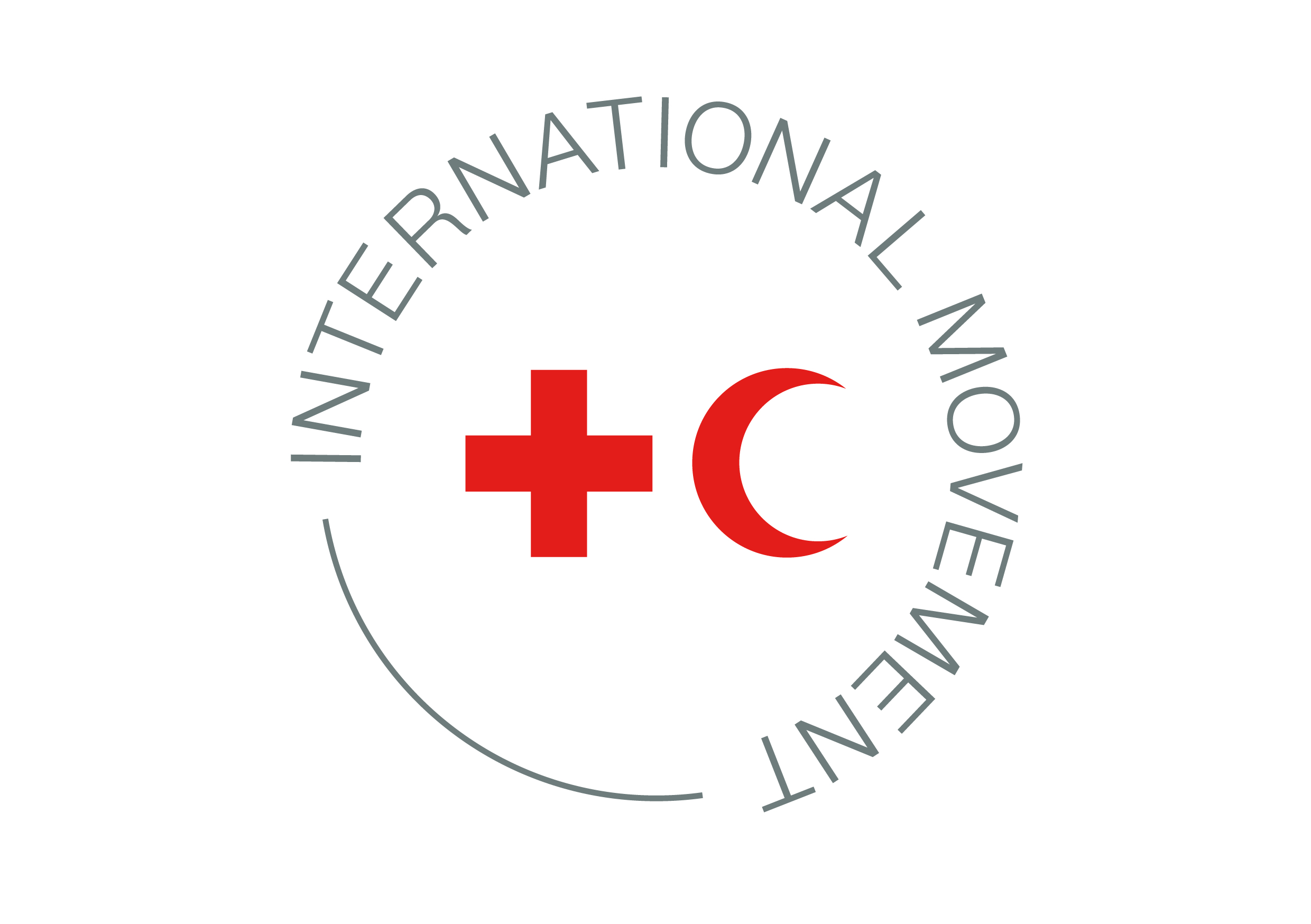Report on resolution 4:
– Date: 24.07.2019
– Country: Denmark
– Type of entity: National society
– What legislative, regulatory and practical measures have you adopted and implemented domestically to ensure the protection of the wounded and sick, health-care personnel, facilities and medical transport, as well as their identification (including through the distinctive emblems)? What about the measures to ensure the violations of international law related to the protection of health-care delivery are effectively sanctioned? Which ministry, government agency, legislative or regulatory organ has been responsible for implementing these measures?
In 2018, the Danish MFA initiated the establishment of a Humanitarian Access Working Group among the major Danish humanitarian CSOs. The initiative aims to establish a common platform for Danish humanitarian organizations to share learning and identify opportunities for collective engagement around issues related to humanitarian access. The working group will also be able to feed current issues and challenges to humanitarian access and the safety of humanitarian personnel into the government’s policy dialogues.
– How have you been cooperating across various Ministries of Government, and with other relevant stakeholders, including the Red Cross Red Crescent Societies, health-care professional associations and civil society, in your country to increase the safety of provision of and access to health care?
The Danish Government actively supports the negotiation of the EU-facilitated UNGA Resolution on the safety of humanitarian personnel and co-sponsors the resolution every year.
– How do you ensure that the protection of the wounded and sick and healthcare services is integrated into training, doctrine and operational orders and procedures for your armed and security forces whether at the national level or in the context of international operations they are contributing to?
The Danish Military Manual from 2016 contains provisions for the compliance of international humanitarian law and other relevant international law, including human rights law, in relation to both the planning and execution of military operations within the framework of Denmark’s military engagements abroad. The manual provides the Danish Defence with a comprehensive perspective for understanding their obligations under international law when Danish soldiers participate in international operations. The manual was translated into English in the spring of 2019 and has been made available online together with the Danish version. Danish Ministry of Defence and Defence Command Denmark personnel have presented the manual in various national as well as international fora. The military manual has been integrated into Denmark’s planning and execution of military operations. In addition, the military manual is now part of the training and education of Danish Armed Forces personnel.
– Country: Denmark
– Type of entity: National society
– What legislative, regulatory and practical measures have you adopted and implemented domestically to ensure the protection of the wounded and sick, health-care personnel, facilities and medical transport, as well as their identification (including through the distinctive emblems)? What about the measures to ensure the violations of international law related to the protection of health-care delivery are effectively sanctioned? Which ministry, government agency, legislative or regulatory organ has been responsible for implementing these measures?
In 2018, the Danish MFA initiated the establishment of a Humanitarian Access Working Group among the major Danish humanitarian CSOs. The initiative aims to establish a common platform for Danish humanitarian organizations to share learning and identify opportunities for collective engagement around issues related to humanitarian access. The working group will also be able to feed current issues and challenges to humanitarian access and the safety of humanitarian personnel into the government’s policy dialogues.
– How have you been cooperating across various Ministries of Government, and with other relevant stakeholders, including the Red Cross Red Crescent Societies, health-care professional associations and civil society, in your country to increase the safety of provision of and access to health care?
The Danish Government actively supports the negotiation of the EU-facilitated UNGA Resolution on the safety of humanitarian personnel and co-sponsors the resolution every year.
– How do you ensure that the protection of the wounded and sick and healthcare services is integrated into training, doctrine and operational orders and procedures for your armed and security forces whether at the national level or in the context of international operations they are contributing to?
The Danish Military Manual from 2016 contains provisions for the compliance of international humanitarian law and other relevant international law, including human rights law, in relation to both the planning and execution of military operations within the framework of Denmark’s military engagements abroad. The manual provides the Danish Defence with a comprehensive perspective for understanding their obligations under international law when Danish soldiers participate in international operations. The manual was translated into English in the spring of 2019 and has been made available online together with the Danish version. Danish Ministry of Defence and Defence Command Denmark personnel have presented the manual in various national as well as international fora. The military manual has been integrated into Denmark’s planning and execution of military operations. In addition, the military manual is now part of the training and education of Danish Armed Forces personnel.

